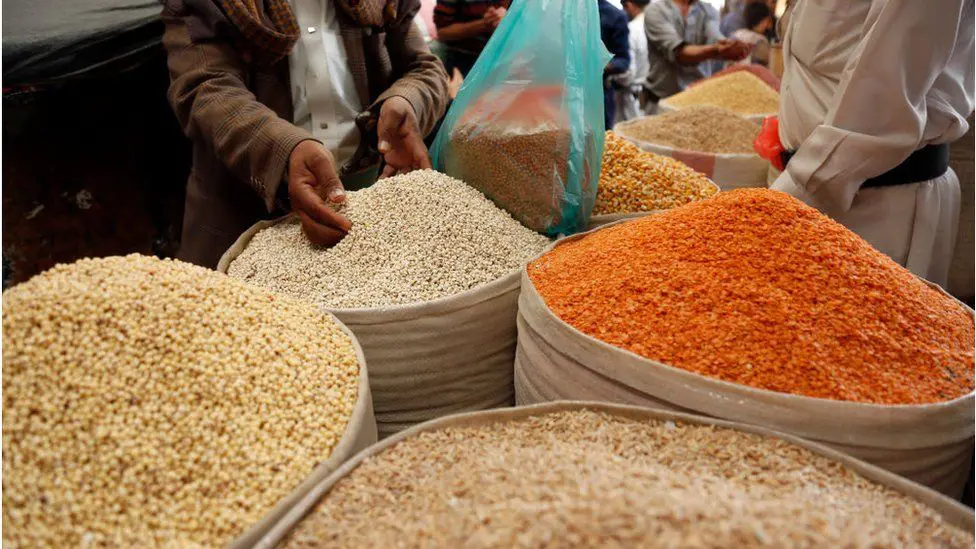Nigeria’s inflation rate has fallen for the fourth consecutive month, according to official data, but soaring food costs continue to burden households, highlighting unresolved challenges in the country’s economic recovery. The National Bureau of Statistics reported a slight dip in headline inflation to 21.88% in July 2025, down from 22.22% in June, signaling modest progress in stabilizing prices. However, think tank The Centre for the Promotion of Private Enterprise (CPPE) cautioned that persistent food inflation and month-on-month price hikes underscore deeper structural weaknesses in Africa’s largest economy.
CPPE Director Muda Yusuf described the inflation slowdown as a sign of gradual macroeconomic stabilization, driven by recent exchange rate consistency and renewed investor confidence. “This trend reflects positive steps toward recovery,” Yusuf said in a statement issued Sunday. Despite these gains, he emphasized that “pressures persist,” particularly in critical sectors like agriculture and food distribution.
The disconnect between easing headline inflation and stubbornly high living costs has sparked concerns among analysts. While the year-on-year inflation rate—a key benchmark—declined for the fourth straight month, food prices continue to climb, straining household budgets in a country where food accounts for nearly 40% of consumer spending. CPPE attributed this paradox to systemic issues, including supply chain disruptions, inadequate infrastructure, and lingering effects of earlier currency volatility. The group warned that without targeted policy reforms, these challenges could undermine progress.
To sustain momentum, CPPE urged a coordinated policy framework combining monetary tightening with structural reforms. While acknowledging the Central Bank of Nigeria’s (CBN) efforts to curb liquidity through an aggressive interest rate of 27.5% and cash reserve requirements, Yusuf called for “more creative measures” beyond conventional tools. These could include targeted credit interventions for agriculture, enhanced support for small businesses, and incentives to boost domestic food production.
The July inflation report, Yusuf noted, offers “cautious optimism” but underscores the need for holistic action. “Resolving structural bottlenecks in energy, transportation, and the agricultural value chain is critical to achieving lasting price stability,” he said, adding that fiscal and monetary authorities must align strategies to address root causes.
Economists warn that Nigeria’s inflation trajectory remains fragile, with risks including global commodity price fluctuations and potential currency pressures. The country’s inflation rate, though easing, remains among the highest globally, reflecting the long-term impact of shocks such as the COVID-19 pandemic, fuel subsidy removals, and climate-related disruptions to farming.
As policymakers weigh next steps, the focus turns to balancing short-term stabilization with medium-term reforms to strengthen food security and reduce dependency on imports. With millions still grappling with affordability crises, the path to sustained economic stability will require addressing both macroeconomic indicators and the lived realities of citizens.
